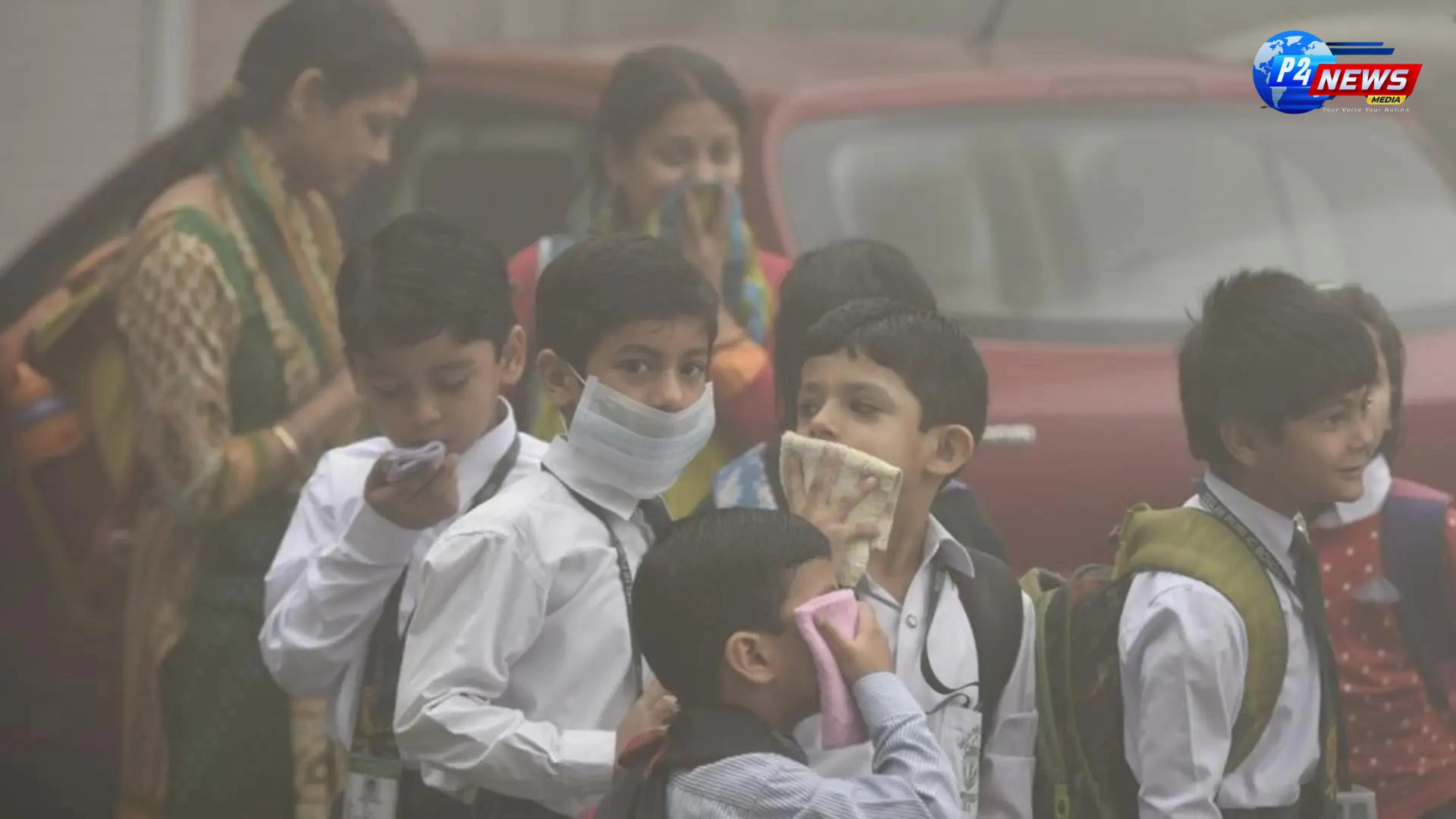Amidst worsening pollution in the capital, the Delhi government has mandated online classes for students, sparing only those in Class 10 and 12, effective from Monday morning.
Amidst worsening pollution in the capital, the Delhi government has mandated online classes for students, sparing only those in Class 10 and 12, effective from Monday morning.
In response to alarming pollution levels, the Delhi government has taken decisive action by suspending physical classes for all students except those in Classes 10 and 12. This shift to online education, effective from 8 AM on Monday, is a result of the implementation of Stage 4 of the Graded Response Action Plan (GRAP). Chief Minister Atishi announced this measure on social media, citing persistent hazardous air quality in the city for five consecutive days. The Commission for Air Quality Management (CAQM) has intensified its measures under GRAP-4, mandating schools to move to virtual learning for most students to protect their health.
Atishi's announcement highlighted the urgency of the situation, stating, “With the enforcement of GRAP-4 from tomorrow, physical classes shall be discontinued for all students apart from Class 10 and 12. All schools will shift to online courses until further notice.” The directive aims to minimize the exposure of younger students to hazardous air conditions, which can have severe health implications.
Interestingly, this decision reflects a broader concern regarding the health of students amid ongoing air pollution challenges in the National Capital Region (NCR). As schools transition to online education, local authorities in Haryana have also been granted the authority to evaluate pollution levels in their districts and, if necessary, temporarily close schools for students up to Class 5. This development emphasizes the collaborative approach needed to address the public health crisis stemming from air pollution.
The air quality in Delhi has consistently remained in the "hazardous" category, prompting widespread concern from parents and health professionals. The CM's decision aims not just to protect students but also to signal the gravity of the pollution crisis that has been worsening in recent months due to various factors, including vehicular emissions, industrial activities, and crop burning in neighboring states.
As students and parents prepare for this shift to online learning, the focus now turns to ensuring that the quality of education is maintained despite the circumstances. Teachers will need to adapt their lesson plans for the virtual environment, providing engaging content and support for students who may face challenges with remote learning. Schools will also need to ensure that they have the proper resources and technology to facilitate smooth online classes for the affected students.
Furthermore, the long-term implications of pollution on children's health and education systems cannot be underestimated. Regular exposure to poor air quality can lead to respiratory issues, reduced concentration, and other health problems that may hinder students’ academic performance. Consequently, the need for immediate measures, alongside a comprehensive strategy for pollution reduction, becomes increasingly critical.
In conclusion, as Delhi braces for a continued battle against pollution, the decision to move classes online is a necessary step to safeguard the future of its students. The government’s focus should not only be on immediate actions but also on implementing sustainable solutions to tackle the root causes of this environmental crisis. It remains to be seen how effective the GRAP-4 measures will be in not just improving air quality, but also in ensuring that the education of the youth remains uninterrupted and impactful during these challenging times.
Like
Dislike
Love
Angry
Sad
Funny
Pray
'Trump Tracker: Tulsi Gabbard's Surprising Appointment as US Intelligence Chief
November 14, 20249th Ayurveda Day in Melbourne: A Celebration of Ayurvedic Innovations and Global Health Impact
November 10, 2024🍪 We Value Your Privacy and Experience Hi there! We use cookies to enhance your browsing experience, provide personalized content, and analyze site traffic. By continuing to use our site, you consent to our use of cookies.







Comments 0